A Nation of Grazers: Unintentional Work Habits

The results are in. The average U.S. employee has mastered the 4-hour workday. During the 8-9 hour day, an employee has at their disposal technologies that allow instantaneous access to information, products, and people (according to a recent survey we have a habit of spending 11+ hours a day on electronic media). Other recent studies show workers plow through hundreds of emails, calls, and instant messages on numerous devices, engage with or try to avoid social co-workers, and attend countless meetings, and conference calls. Take into account the time we spend on these work habits, we are left with 4 hours of hands-on, productivity.
Compensating for Distractions Creates Poor Work Habits
Are you feeling less than average? Don’t worry; you are not alone. Considering the average workday is 8.7 hours, it is far more realistic to conclude a loss of 4.7 hours of productivity due, in a large part, to our work habits. We’ve compensated for all the distractions by grazing throughout the day. Related to the once popular, and now maligned work-style of multitasking, we move through our day glancing at emails, scrolling through feeds, and catching the headlines of our preferred news sites. But our grazing habits don’t stop there. Grazing also describes how we interact with people. We half-heartedly listen to someone on the other end of a call while pulling up a file or glancing at incoming messages. Instead of hearing what our co-worker is explaining at a meeting, we are planning our response, or are completely disengaged from the meeting altogether.
We are a nation of grazers — unintentionally moving from one task to another, one conversation to another, throughout the day. While this work style allows us an overview of the scope of work and projects before us, it diminishes our ability to focus on priorities, it prevents us from truly hearing what others are communicating and minimizes the time that could be devoted to focused productive work.
Poor Work Habits Affect Our Well-Being
This work habit can also be bad for our physical and mental health. When we graze through the day, frustration builds when it takes longer to complete tasks. Grazing can cause undue stress when it leads us to take the perspective that we have no control over the amount of work piling up. And grazing through interactions and opportunities for communication with co-workers and clients can, at best mean we miss a few details, and at worst negatively affect our relationships by facilitating misunderstandings.
Whether we are talking about eating habits or channel surfing, and now work habits, grazing has become a cultural norm. And knowing our propensity to graze, I am going to offer only the first, but most important step to building more productivity into our day. Before we can fix, or change anything, we must first define the scope of where we are and where we want to be. In other words, we need to be aware of where we are putting our energy; on what are we spending our time and energy resources.
Take some time and reflect on your typical day. If you had to define what portion of your workday is spent on specific activities, what would the breakdown look like? Where are you most productive? What are you doing when energy lags? What time is consumed by tasks not related to productivity and performance? Once you have a realistic outline of how you spend your time and energy, you can decide if, and what changes need to be made.
Learning how we can best manage our energy resources to improve our performance is the focus of our Lead with ENERGY workshop.
employee engagement employee performance Leading with Energy

